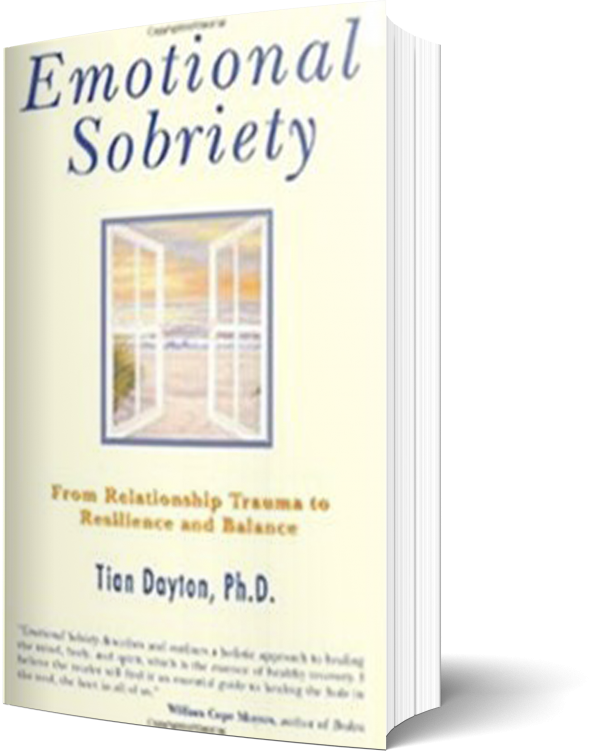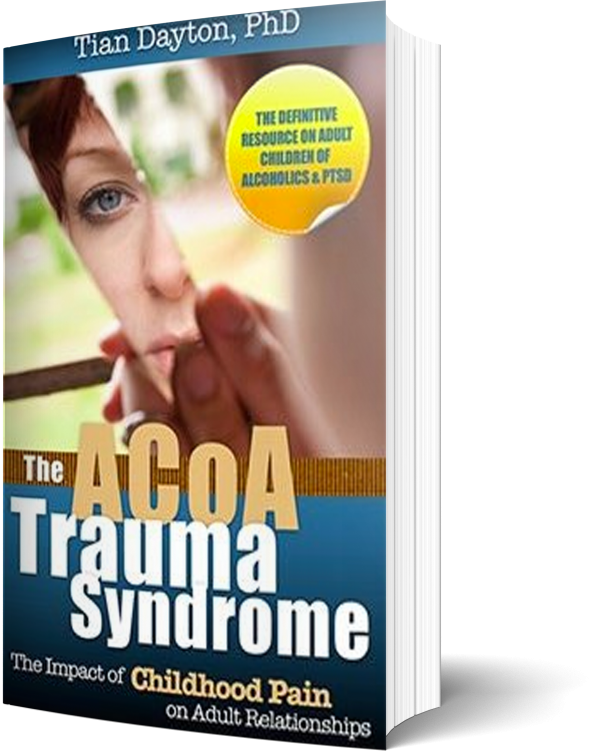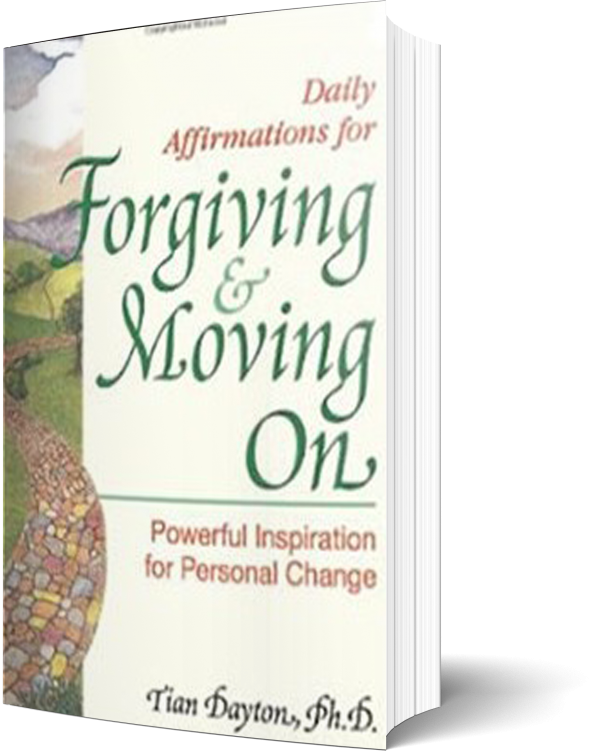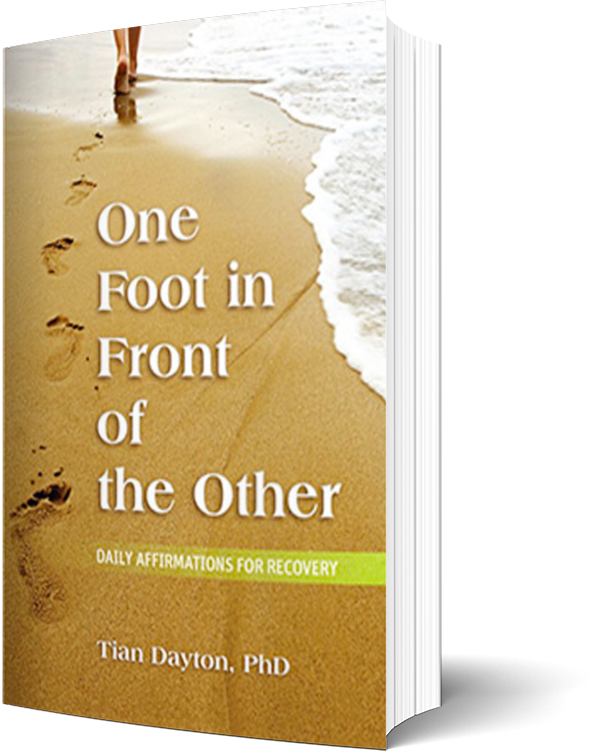Charlie Sheen is now sober, that is he has tested free of drugs. But his behavior is raising eyebrows because it is increasingly apparent that whatever the hair or blood tests say, he does not appear to be emotionally sober. Physical sobriety can take around 72 hours to achieve. Emotional sobriety, or learning to balance feeling states, thinking and behavior, takes a lot longer. A lack of emotional sobriety can appear as what “those who have been there” and understand the depth of the disease of addiction have dubbed a “dry drunk” syndrome. The substance is removed, but the attitudes and behaviors that were a part of addiction, like denial, grandiosity or impulsiveness, persist.
“I closed my eyes and made it so with the power of my mind,” said Sheen about his newfound sobriety. He describes his transformation from a user and abuser to a non-user and non-abuser as “primary patient achieved radical success,” calling those who relapse “trolls” and “weak.” These nasty, non empathic little epithets sort of tip us off as to his state of mind. What is Charlie Sheen thinking? Clearly he has not “come to terms” with the disease that led to his losing custody of his children and probably to CBS and Warner Bros. Television discontinuing production of “Two and a Half Men” for the remainder of the season.
Sheen is denying his ex-wife Brook visitation rights. Their twins were born mid-term, in part because of Brook’s drug-related high blood pressure and liver problems. When interviewed in his luxurious home with his two live-in girlfriends, who are also porn stars, according to TV reports, Sheen said that he will let his ex-wife see their children when she tests clean. “Blood, hair and all of it… just like me.” Once again, the children suffer silently, caught in the perfect storm of arrogance, blindness and tyranny that surround addiction.
Charlie Sheen is not acting clean and sober. He may not believe in relapse, but he is virtually becoming a poster child for signs that experts recognize can lead to relapse, such as denial, crisis-building, feelings of omnipotence, complacency, cockiness, argumentativeness, impatience and an it-can’t-happen-to-me attitude.
And Charlie Sheen doesn’t believe in AA. I think it’s safe to assume that he hasn’t exactly taken the first step in which one admits to their powerlessness over the disease of addiction. The one about surrender. He touts not being “held hostage” by AA anymore on national TV. Sheen says he isn’t worried about relapse (that should tell us something). Actually, he is probably doing more to help the cause of recovery than hurt it by being so flagrantly AA-bashing, anxious, tense, critical and generally just such a clear example of what recovery does not look like. He is obviously not sober in the kind of way that involves a “spiritual awakening,” “humility” or a “new design for living.” What Charlie Sheen is being held hostage by is clearly the disease of addiction. Whether or not he has temporarily tested clean is not the point; he is trapped by the disease either way, living in the grip of it. And so are his children, living with a dad who is acting emotionally drunk.
“Sober Valley” is Charlie’s nickname for his house. But even if there is physical sobriety at Sober Valley (and even this seems questionable), there is certainly little emotional sobriety. Charlie Sheen is the very picture of a man who is living in emotional extremes: edgy, always on the verge of bursting open, an accident waiting to happen. Physical sobriety is only the first step in healing from the disease of addiction and the wreckage that it has caused. Emotional sobriety, which involves humility, personal responsibility and balanced living, is what makes recovery sustainable and renewable, what keeps it clean and green.





